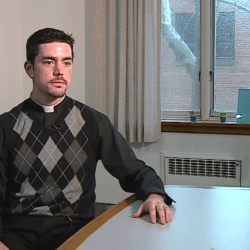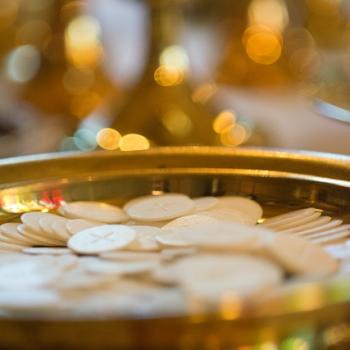With the Corapi news, it’s a question many are asking.
A few years ago, Jimmy Akin posted a good and clear-headed summary that, as far as I know, still holds:
1) He can’t celebrate any of the sacraments except for hearing deathbed confessions. It is especially noted that he can’t give homilies.
2) He can’t serve as an extraordinary minister of holy Communion.
3) He can’t serve any “directive office in the pastoral field” (e.g., serving as a parish administrator).
4) He can’t do anything at all in a seminary.
5) He can’t serve as a director or teacher in a Catholic university.
6) He can’t teach theology or any closely related discipline (e.g., religious studies, history of theology) in a non-Catholic university.
7) He can’t serve a director (e.g., school principal) in a parochial school.
8..) He can’t serve as a teacher in a parochial school unless he gets the bishop’s permission.
9) He shouldn’t live in or frequent places where his status as an ex-priest is generally known, unless he gets the bishop’s permission.
Read the whole thing for more context and details.
UPDATE: Late today, I got an e-mail from Fr. Paul Counce, Judicial Vicar for the Diocese of Baton Rouge. He wanted me to know that the rescript has been updated, and noted: “The significant changes that Bl. John Paul II began and which have been continued by Pope Benedict are that laicized priests now CAN be admitted by the local bishop to serve as lectors or extraordinary ministers of Holy Communion (since these are lay ministries and no longer thought to be essentially connected to the clerical state…”)












